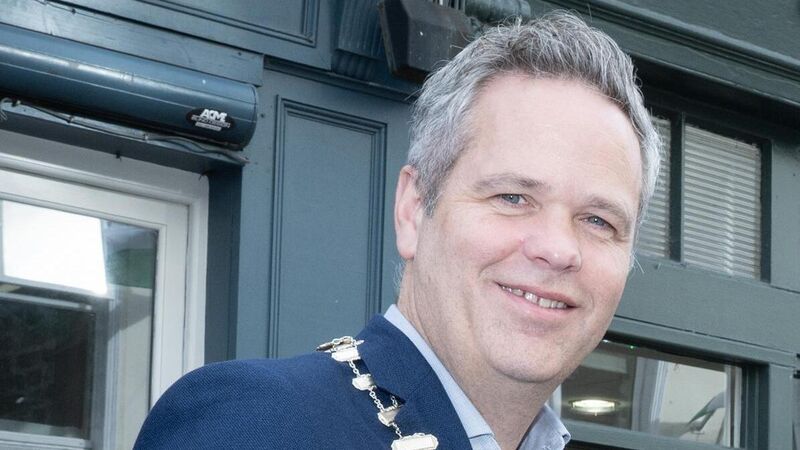SMEs ‘squeezed by sudden jumps in costs’, warns Cork Business Association

A spokesperson for the CBA explained that with a likely hike in the national minimum wage, the possibility that Vat will not be reduced for hospitality businesses in the Budget, and the full commencement of pension auto-enrolment, many SMEs fear that the combined burden could be more than they can absorb.
Cork’s small and medium businesses are “bracing themselves” ahead of anticipated financial burdens in the new year, the Cork Business Association (CBA) has said.
A spokesperson for the CBA explained that with a likely hike in the national minimum wage, the possibility that Vat will not be reduced for hospitality businesses in the Budget, and the full commencement of pension auto-enrolment, many SMEs fear that the combined burden could be more than they can absorb.
It comes as the Low Pay Commission has reportedly recommended a 5% increase to the national minimum wage, which would take it from €13.50 per hour to around €14.15 per hour if approved by government.
The spokesperson said that this will impact all salary bands, and that larger businesses may already operate pension schemes or pay above the minimum wage and thus feel less impact, but CBA is predicting vulnerable small businesses already under strain will be most affected.
There is concern that employers may be forced to reduce staff hours, delay hiring, or absorb the cost in a way that jeopardises viability, CBA president Dave O’Brien said, or there may be more closures in January.
Mr O’Brien explained that these challenges do not exist in a vacuum. “Many in hospitality are still recovering from the increase in Vat rates — which Government has hinted will not be reversed in the upcoming Budget — squeezing already narrow margins across pubs, restaurants, and cafés.
Businesses are also being hit by the continued rise in food and raw material costs, and in particular soaring regulation-related charges on energy, which show no sign of abating, he continued.
“Certain sectors are already operating on thin profit margins, and are bracing themselves for more costs in the New Year, meaning any additional wage cost will be acutely felt.
“They are being squeezed from multiple directions. Sudden jumps in wage, pension and operating costs may force tough decisions. One change at a time is manageable; many at once is perilous.”
He called for the government to “consider that wage rises beyond sustainable levels can lead to reduced hiring, staff cuts, or automation”, adding that SMEs are the backbone of the Irish economy and must not be “squeezed out”.
The CBA is calling for phased implementation and supports and for the government to work with local business groups, Mr O’Brien said.
Rather than front-loading all changes at once, sectors with low margins should receive support like grants, tax credits and PRSI relief, to buffer the impact.
“Advisory services, subsidies, or interest free loans could be introduced to help businesses manage payroll systems, compliance, and financial planning around these changes," he suggested.
“We understand that workers must see their contribution valued in the form of fair wages and future pension security. However, asking too much, too soon, risks destabilising the very businesses that create those jobs. If businesses grow, so, too, will salaries.”







 App?
App?


